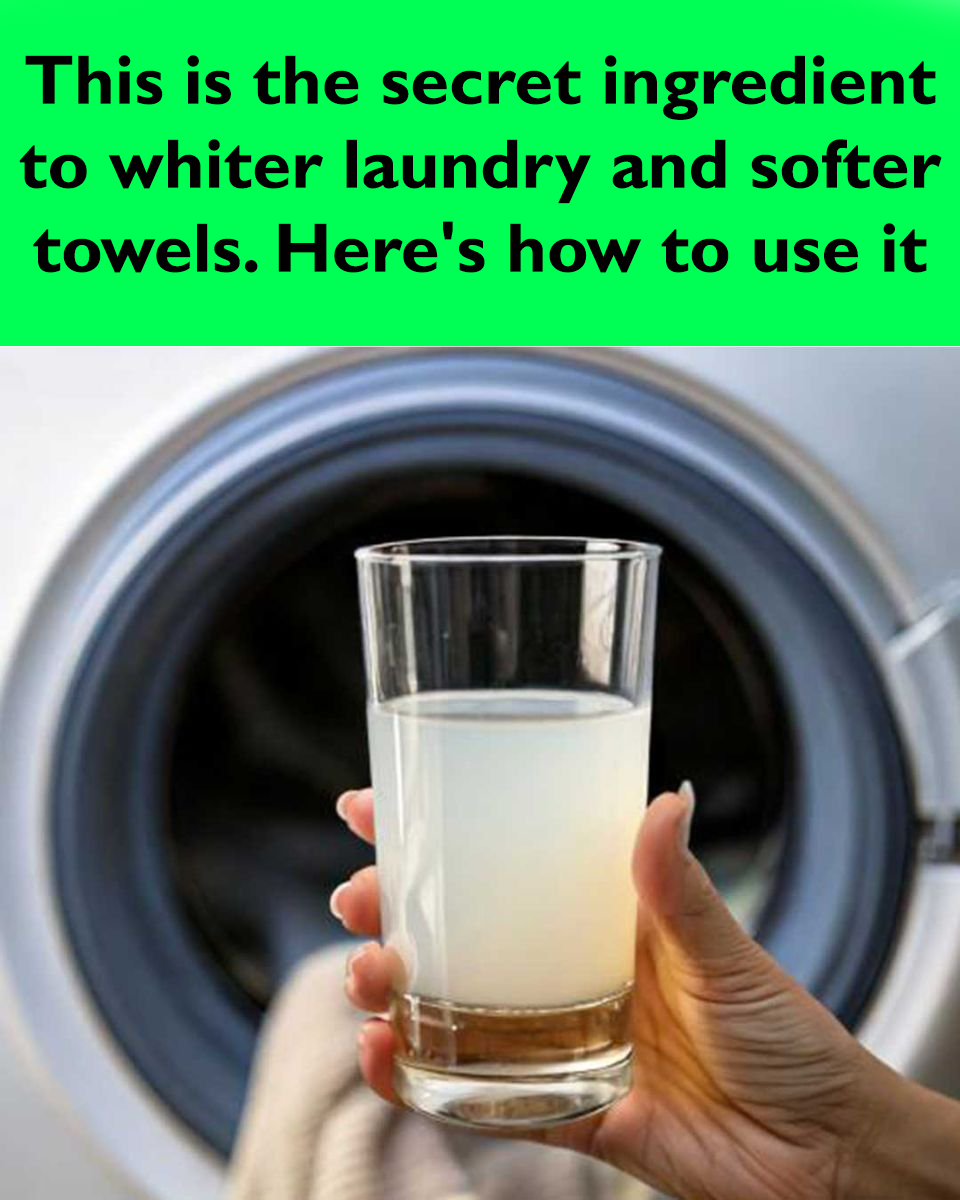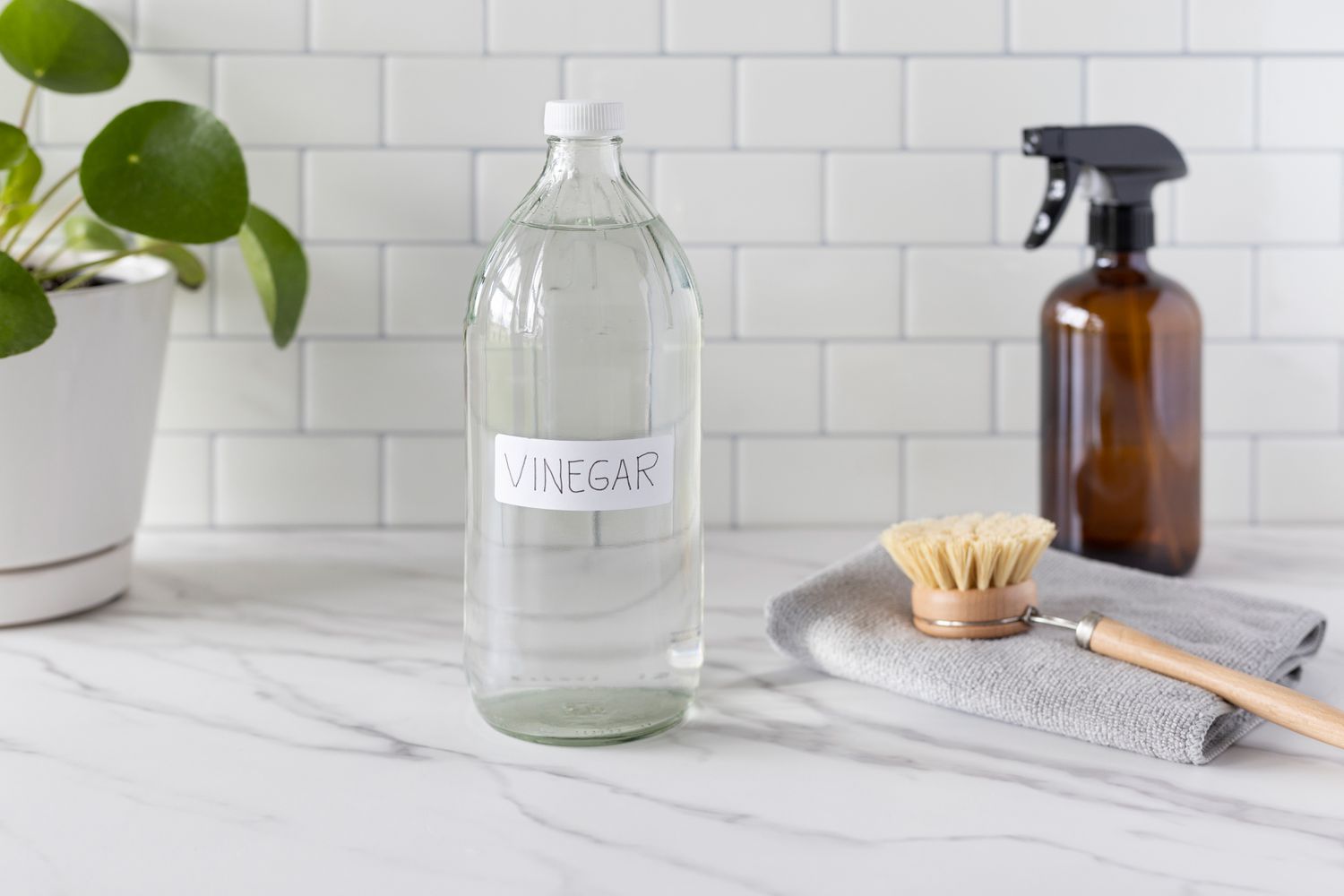
As a staple in many kitchens, vinega is also a powerful, natural tool for enhancing the quality of your laundry. Known for its cleaning and sanitizing properties, vinegar can take your laundry from dull and stiff to bright and soft. Used correctly, vinegar can effectively whiten clothes and soften towels without the harsh chemicals found in commercial laundry products. Apart from its practical benefits, using vinegar is both environmentally friendly and cost-effective, making it a great choice for those looking to make their household chores more eco-friendly and budget-conscious.
The Science Behind Vinegar’s Whitening Power
With its high acidity, vinegar works wonders on laundry. This acidity helps dissolve stains and residues, making whites appear brighter and colors more vivid. The acetic acid in vinegar works by breaking down and neutralizing the alkaline substances found in many types of dirt and detergent residues, which can make fabrics look dull. Use vinegar during the rinse cycle, and you can ensure that these residues are removed, leading to whiter, fresher-looking laundry.
How Vinegar Softens Towels Naturally

Vinegar provides a natural solution. Over time, the minerals in hard water and residual detergent can build up on towel fibers, making them stiff. Vinegar’s acidic nature breaks down these deposits, restoring the towels’ natural softness. By removing these residues, the fabric’s fibers remain flexible, resulting in plusher, more absorbent towels that are gentle on the skin.
Step-by-Step Guide to Using Vinegar in Your Laundry
1. Sort your laundry as usual, separating whites, colors, and towels.
2. Add detergent and start your washing machine.
3. When the rinse cycle begins, add half a cup of white vinegar. For a large load or heavily soiled items, you can use up to one cup.
4. Allow the machine to complete the rinse and spin cycles.
5. Dry your clothes and enjoy their fresh, bright, and soft results.
Choosing the Right Type of Vinegar for Laundry
The most suitable type of vinegar for laundry is plain white distilled vinegar. Its clear color ensures that it won’t stain fabrics, and its mild scent dissipates quickly, leaving behind only freshness. While some people may use apple cider vinegar, it’s best to stick to white vinegar to avoid any risk of staining, particularly on lighter fabrics.
Tips for Maximizing Vinegar’s Effectiveness
For the best results, always use vinegar in the rinse cycle rather than the wash cycle, as the rinse cycle ensures the vinegar doesn’t interfere with your detergent. Boost vinegar’s deodorizing effect by pairing it with baking soda for especially musky or musty laundry. Vinegar also acts as a natural fabric softener, so you can skip commercial softeners when using vinegar.
Common Mistakes to Avoid When Using Vinegar
Avoid using too much vinegar as it can potentially damage fabric fibers or washing machine parts over time. Never mix vinegar with bleach, as this produces chlorine gas, which can be harmful if inhaled. Also, make sure to check garment care labels before using vinegar, as certain delicate fabrics like silk and wool can be damaged by acids.
Environmental and Cost Benefits of Using Vinegar
Switching to vinegar in your laundry routine reduces dependence on chemical-laden commercial products, which can be harmful to both the environment and your health. A gallon of vinegar is often less expensive than brand-name laundry additives, allowing you to maintain the quality and cleanliness of your laundry without straining your budget. Furthermore, vinegar is biodegradable, making it a more sustainable choice.
Frequently Asked Questions About Vinegar in Laundry
1. Will my clothes smell like vinegar? No, once your clothes dry, the vinegar smell dissipates completely.
2. Can vinegar damage my washing machine? Used in moderation, vinegar is safe for your washing machine. It can even help clean it by removing mineral build-up.
3. Is vinegar safe for all fabrics? While generally safe, it’s wise to avoid vinegar with delicate fabrics like silk and wool, as it can weaken the fibers.















